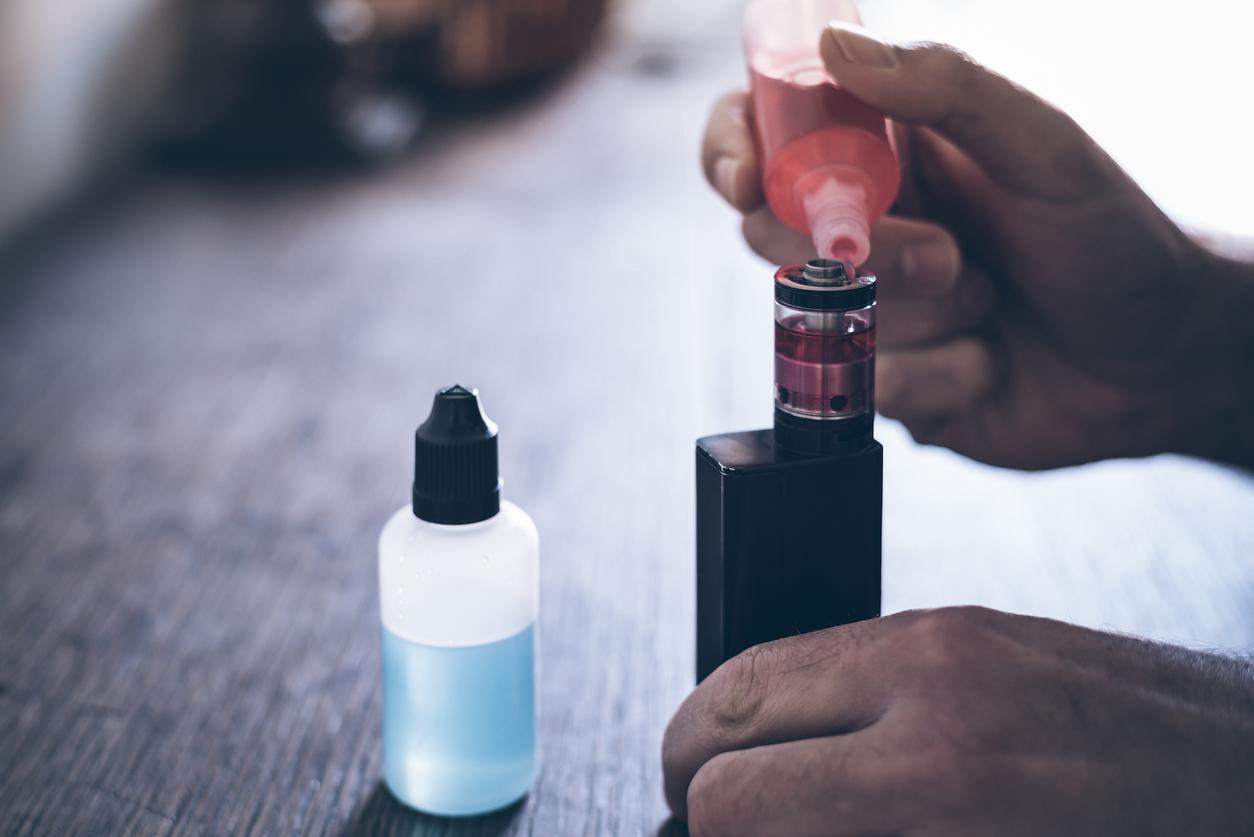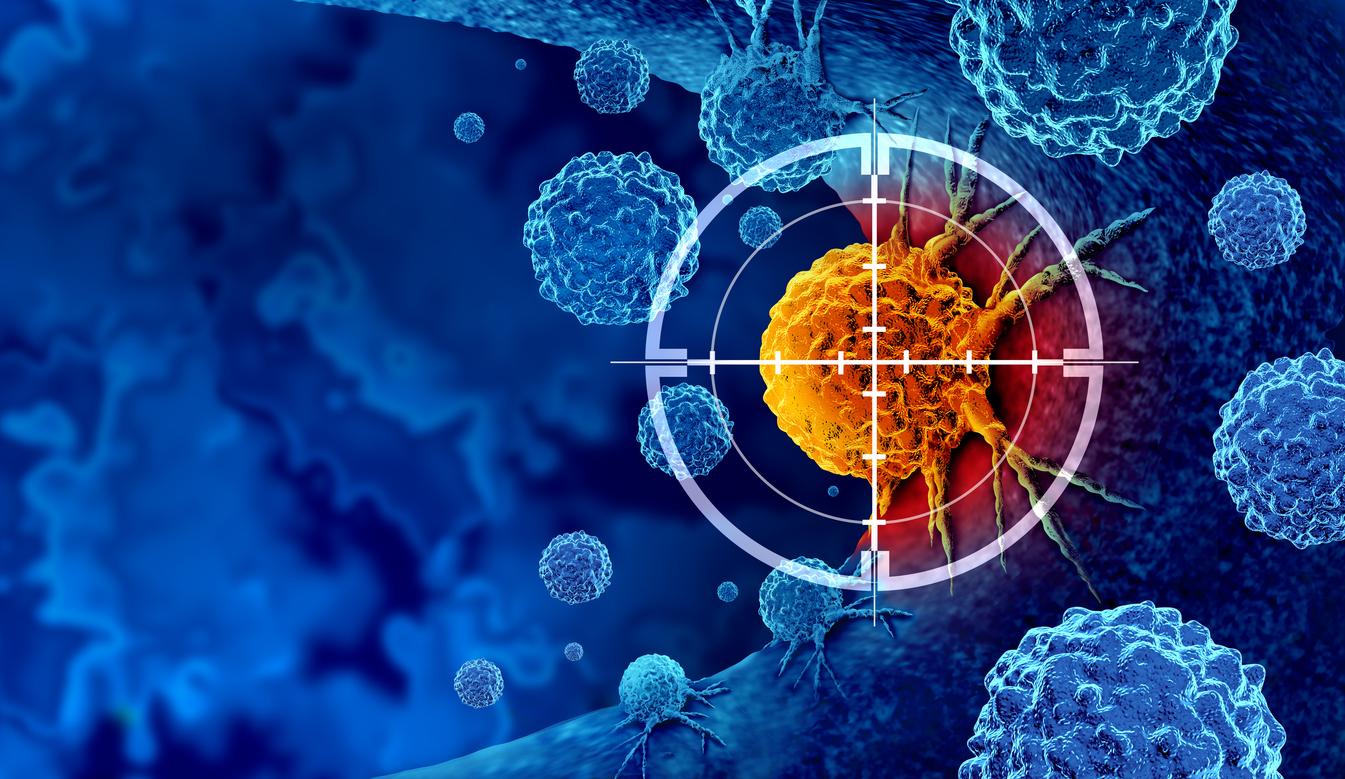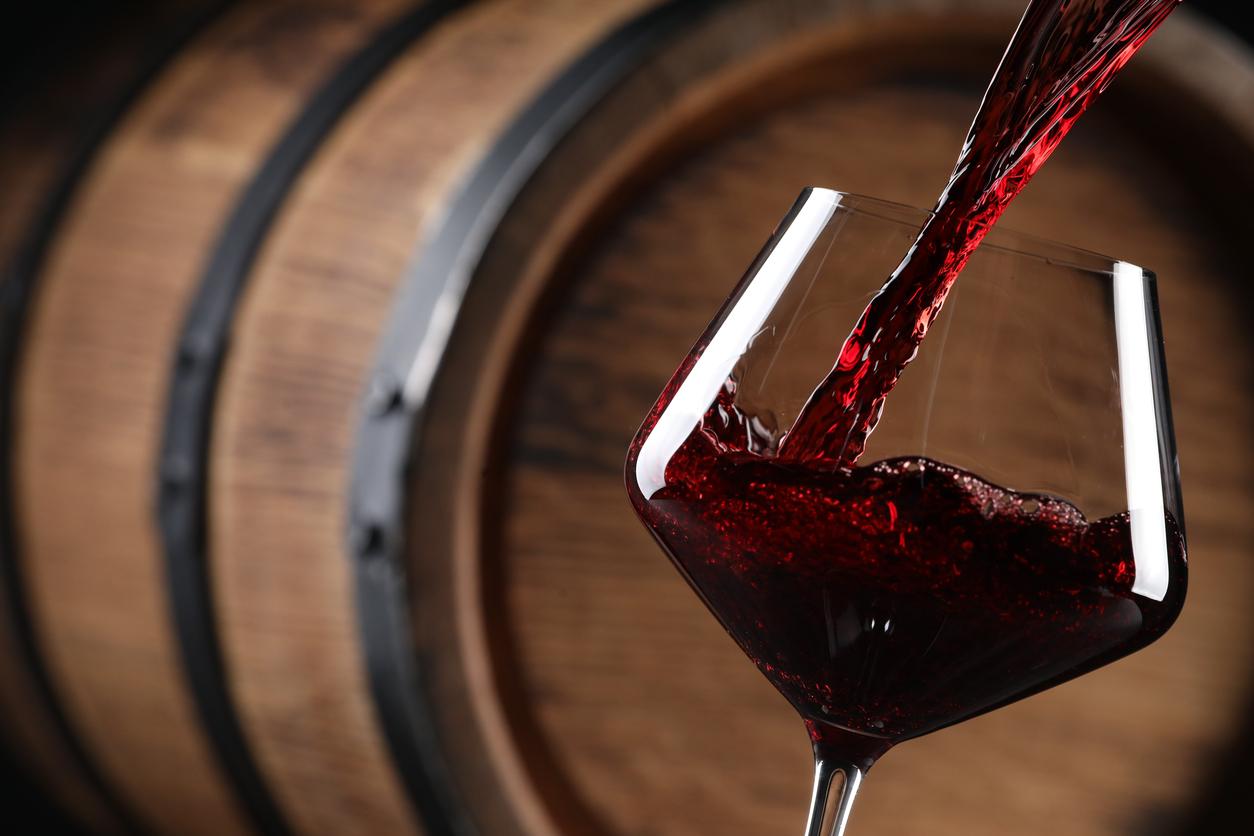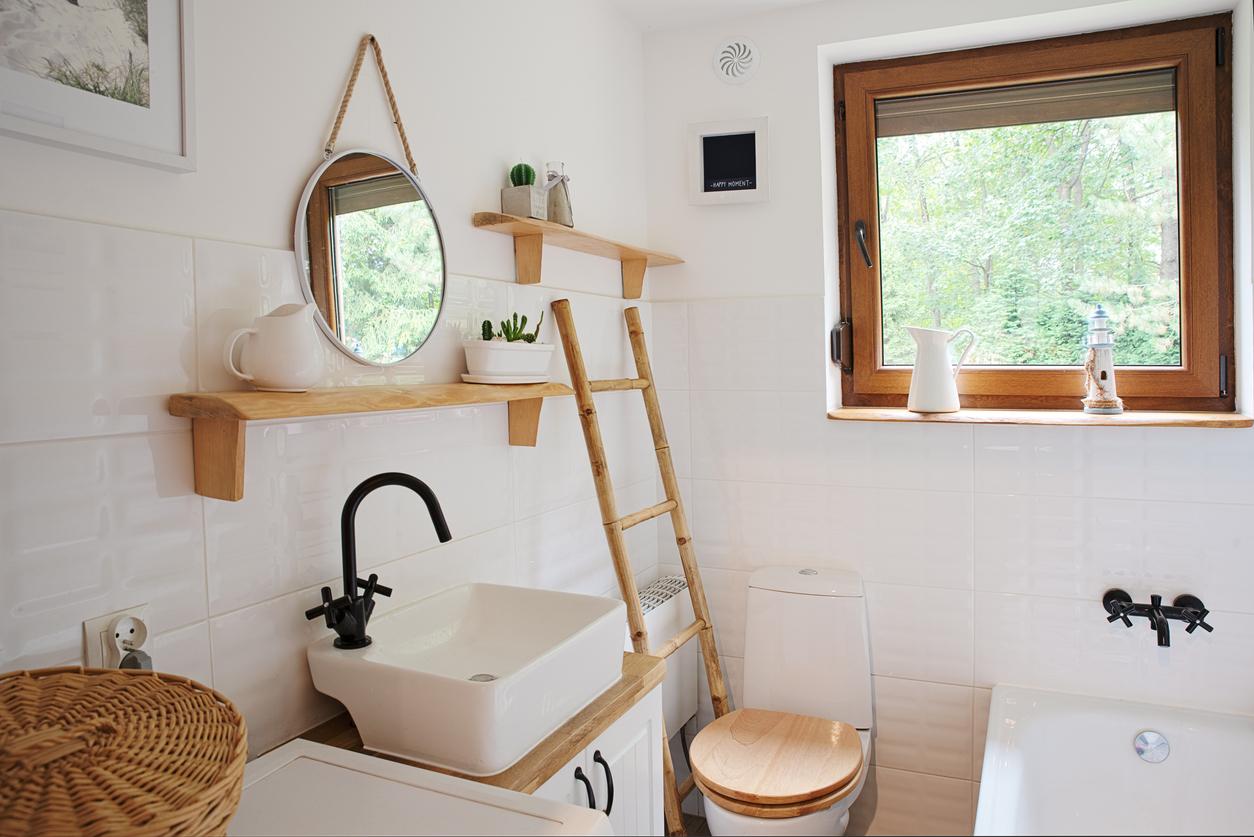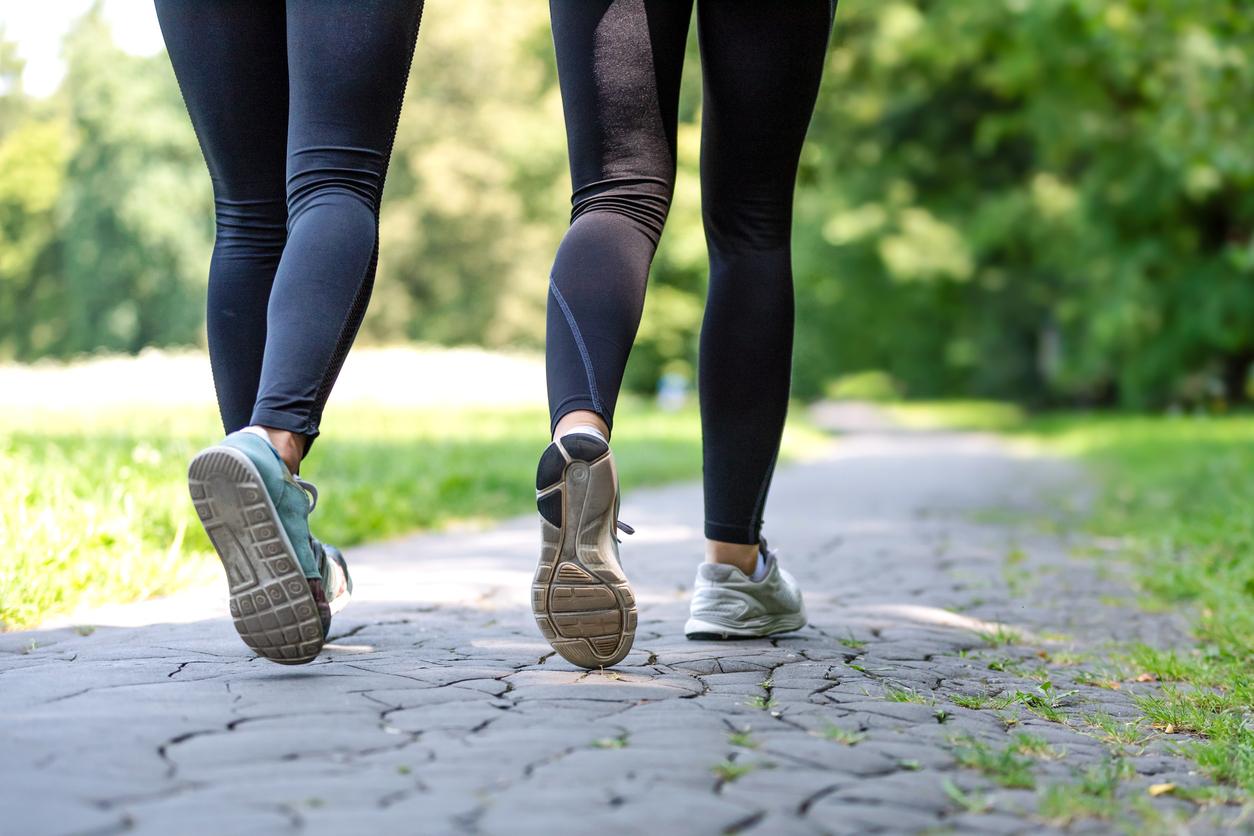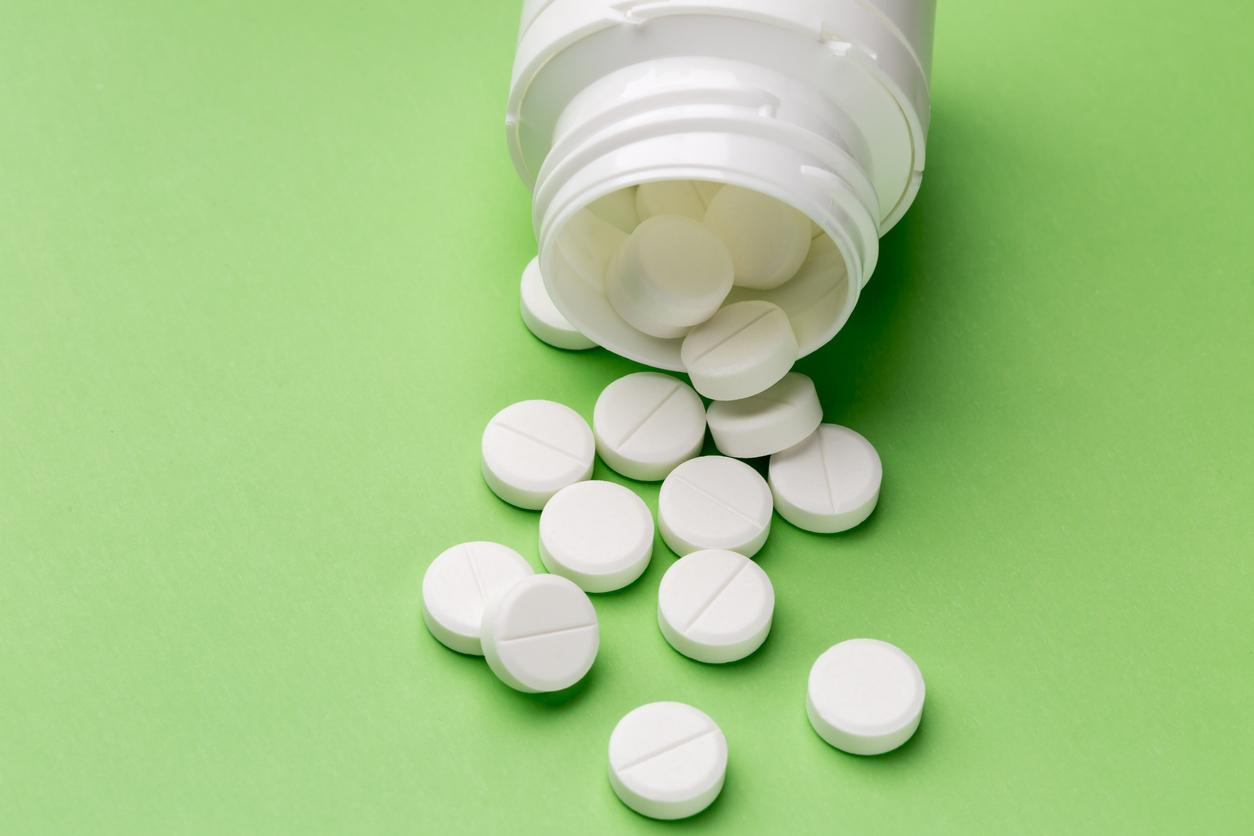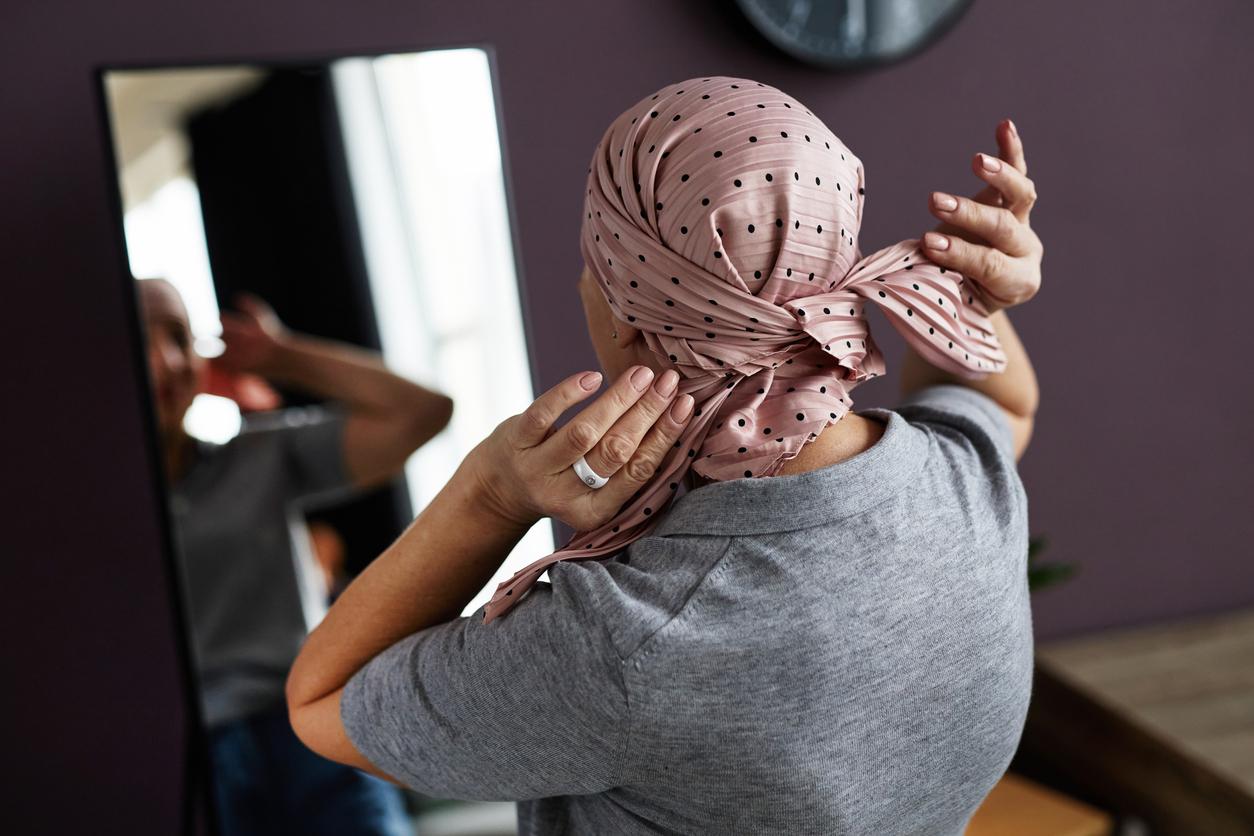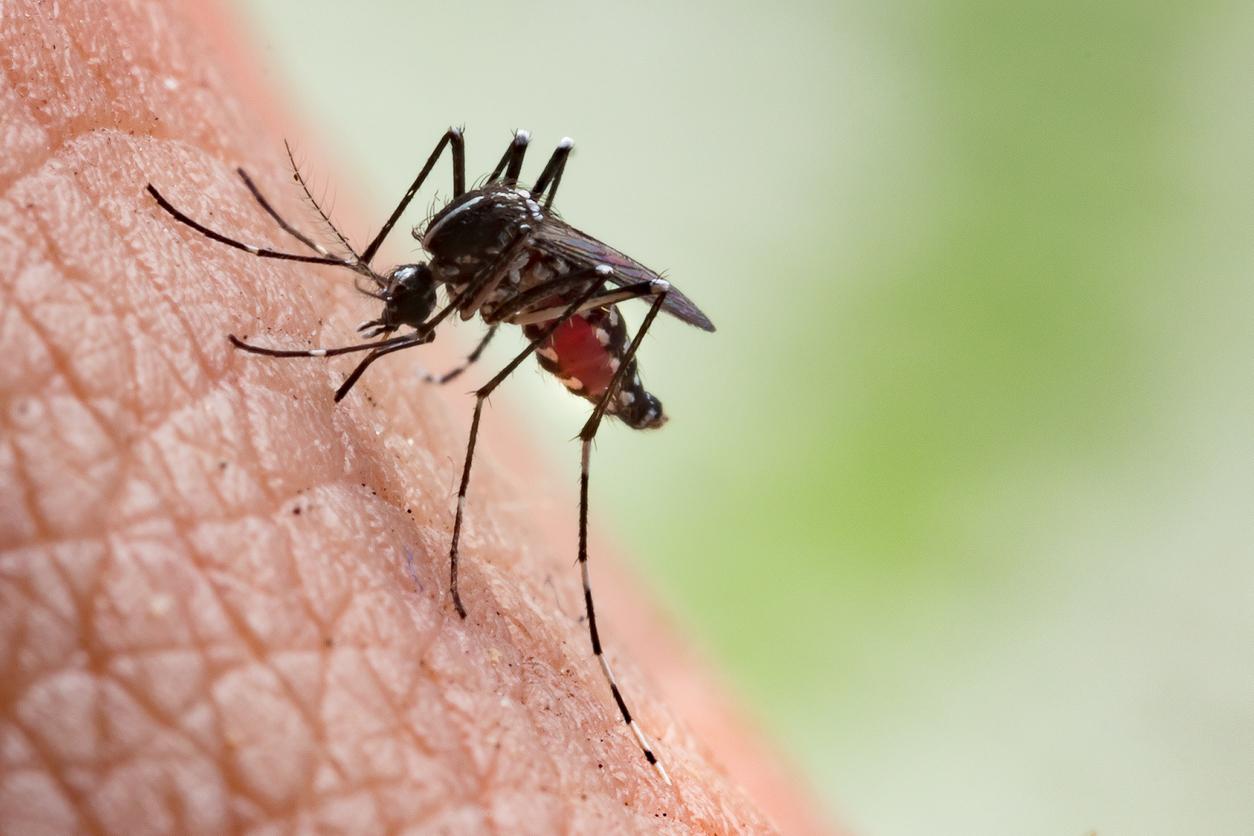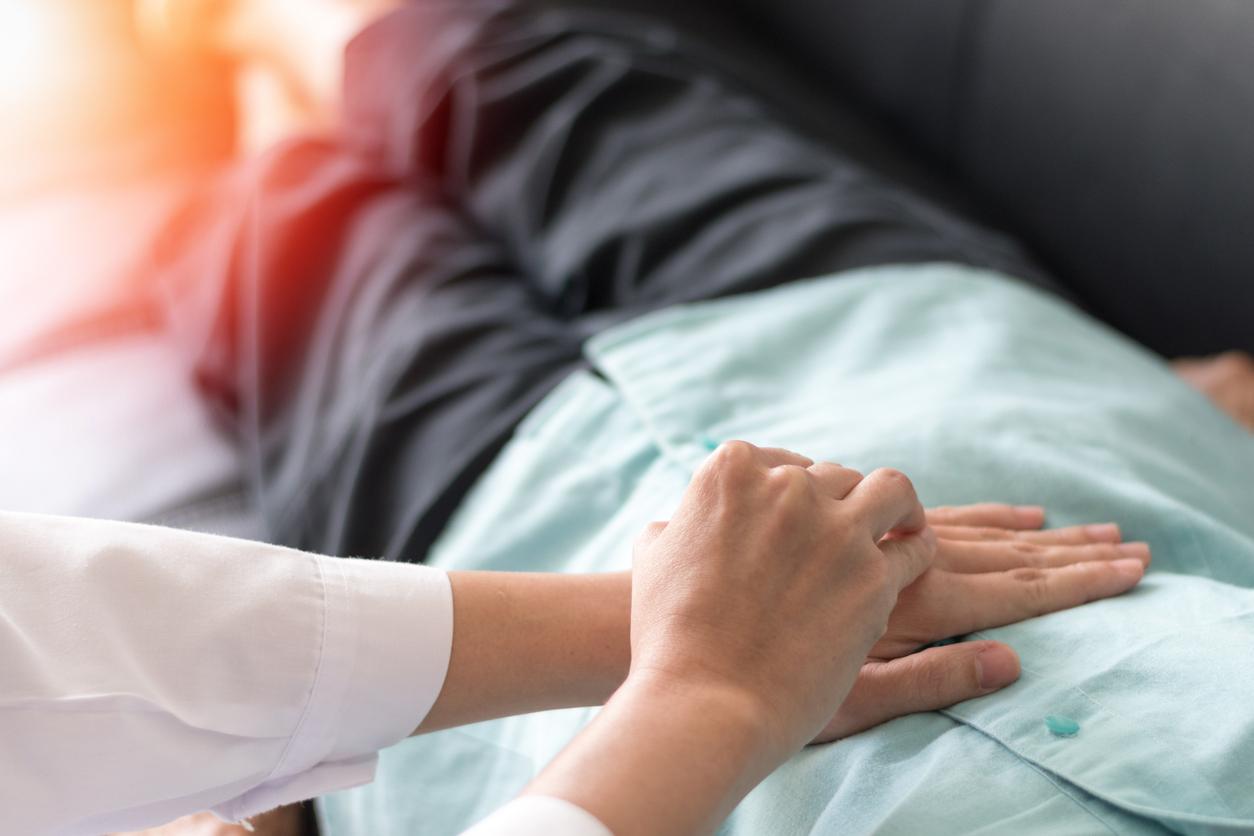At 35, we tell ourselves that we have life ahead of us, that everything is beginning, or at least, that we are far from the end. And one night, you go to bed and you feel something strange in your right breast. One day, we go to the gynecologist for the annual visit, when she feels a ball. One day, the impression of being an invincible young woman collapses because the diagnosis falls, “it’s breast cancer, ma’am”. Céline, Sophie and Myriam experienced these scenarios, they all three developed a tumor in the right breast at the age of 35. No amount of genetics could have predicted these announcements. All three thought it only happened to “white heads”, and wondered what they were doing there, in this treatment room with a Damocles sword above their heads. But all three are alive, in good health, and seated in a Berber tent, after a day of intense walking under the Sahara sun. They form one of the crews of the Rose Trip Morocco trek. This is an orientation course carried out over 3 days in the desert, it is 100% feminine and supportive, committed to the fight against breast cancer, while being open to all women, survivors or not. From illness, through treatments, to their rebirth, which is particularly embodied in this common experience, they testify.
After illness, it’s carpe diem
After feeling the ball, Céline is taken care of early in the disease, at grade 2, the cancer is isolated. She does not have chemotherapy, but a large dose of radiotherapy and five years of hormone therapy. Sophie is taken at grade 3, she is treated for 18 months under herceptin (a monoclonal antibody), after the failure of a first protocol and a certain wave of panic. Myriam faces the most worrying scenario, she is in stage 3, with an aggressive tumor that has “seeded”. As in gardening, the tumor has planted seeds around itself, behind the breast and in the axillary lymph nodes. It is then given 2 years of life expectancy. But 12 years later, in this month of November 2021, Myriam, Sophie and Céline are there to tell what brings them on the trek.
“Before I was a mom with my little life where everything was going well. There was the disease and it opened doors for me: life is beautiful, we go there, we want to live these experiences“, begins Sophie. For her, the first “wow” post-illness stop was Burning Man, because she needed a challenge, a change of scenery and the watchword was “Carpe Diem“after that. Céline also went far away, she remembers this burst of life just after the announcement of the remission:”Suddenly you say to yourself that nothing is impossible anymore. I finished my treatment in July, I left for a 10 month world tour with my husband and my children“. So many adventures that they would not have dared to offer themselves without the disease, they believe.
At the time, Céline was still on hormone therapy, a treatment that prevents recurrences by blocking hormones (70% of breast cancers are said to be hormone-dependent). It is taken orally without hospitalization, but is not without side effects. From a practical point of view, Céline has “managed, I left with the full treatment“. On the spot, she admits having had trouble living it sometimes, “the hot flashes on the peaks of New Caledonia, it could have been difficult. There are evenings when you have to take the medicine and when I really don’t feel like it. But we adapt…“
Joint pain, hot flashes, and a trek in the middle of the desert
This trek is one of those experiences offered by healing, which are out of the ordinary. Celine is still on hormone therapy and continues to deal with its consequences. She humorously states that here “it’s so hot that I don’t know if it’s really the hot flashes that have this effect on me…“When asked whether one can face such a physical adventure, with its 20 kilometers a day, its arid climate, under treatment, Céline tempers. Of course, it depends on the women, not all react in the same way. .
Corn she is one of those who live with the famous puffs, significant weight gain, but also mood swings, joint pain. If the list may seem incompatible with the specifications of this type of adventure, here again Céline adapts to it, for the happiness of reliving, walking again, “continue to regain self-confidence, because that’s also what we came for.“She wants to send the message that it is possible, that we must continue to offer ourselves these parentheses, that we can do it.
The body and its control are on the lips of all survivors. Myriam remembers her condition during chemotherapy: “I was bedridden, I could no longer walk, I moved on all fours. To be able to do this trek today is an incredible revenge!“If she has completed her 8 years of hormone therapy, she lives with postoperative pain following her reconstruction of the right breast.I had to wait a year and a half before being reconstructed, in the meantime, my skin had stuck to my rib cage. It was necessary to undo the adhesion to pass the prosthesis. I keep the consequences, back pain in particular. With the bag that I carry all day, it pulls on the tissues, my breast tightens, becomes rigid.“But tools are at their disposal to be relieved. Under the medical tent, an etiopath receives Myriam who describes her pain until the caregiver finds the painful point. At the end of the session, the discomfort disappeared, says she says. On the way to the next stage!
“The harder it is, the more you regain your mental strength from the disease”
There are of course the doctors to appease, but it is above all “the all-sweeping mind“, they testify in chorus. “You go for a walk in the morning, your feet already hurt, and it will last all day: you better have a strong mind to move forward”to the point of not “even feel my body, after a while” resumes Céline. When the physical has difficulty following, the spirit takes over, exactly as when they faced the care.
They describe their cancers as a leitmotiv that repeats over and over that it can be done. “Here we go beyond what slows us down on a daily basis. We leave our comfort zones, our regulated lives. We are so much in surpassing ourselves that it transcends everything. The harder it is, the more you dig and you find deep inside you this strength that you have discovered while fighting against the disease”. Sophie adds:This morning, we climbed one of the highest dunes of Erg Chebbi, and it was physically hard. But you tell yourself that you have fought the disease, so you will also defeat this dune!“
Read also:
- Alice Detollenaere: “Today, we do very beautiful breast reconstructions”
- Breast cancer: 6 good reasons to get screened
- Breast cancer: how to deal with the disease of his companion?
- Pink October: Finding Creative Energy in Illness










